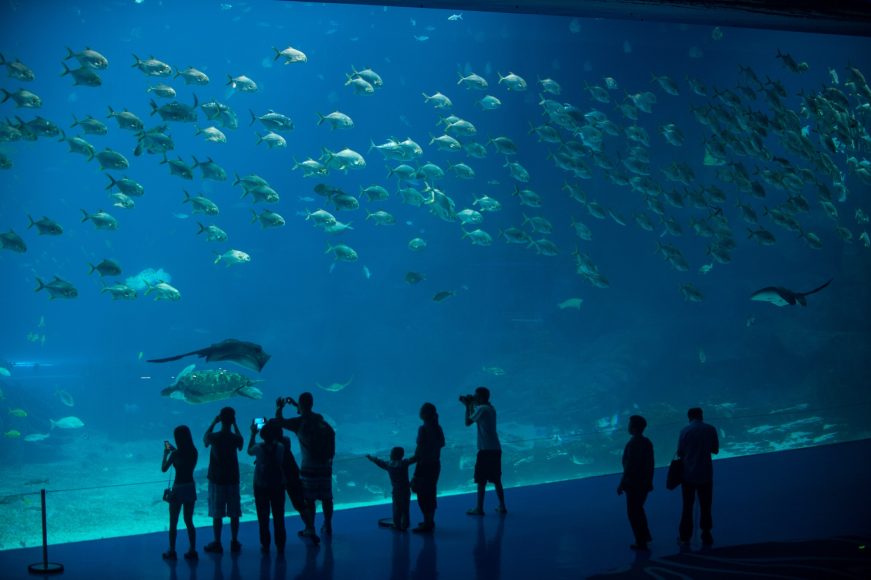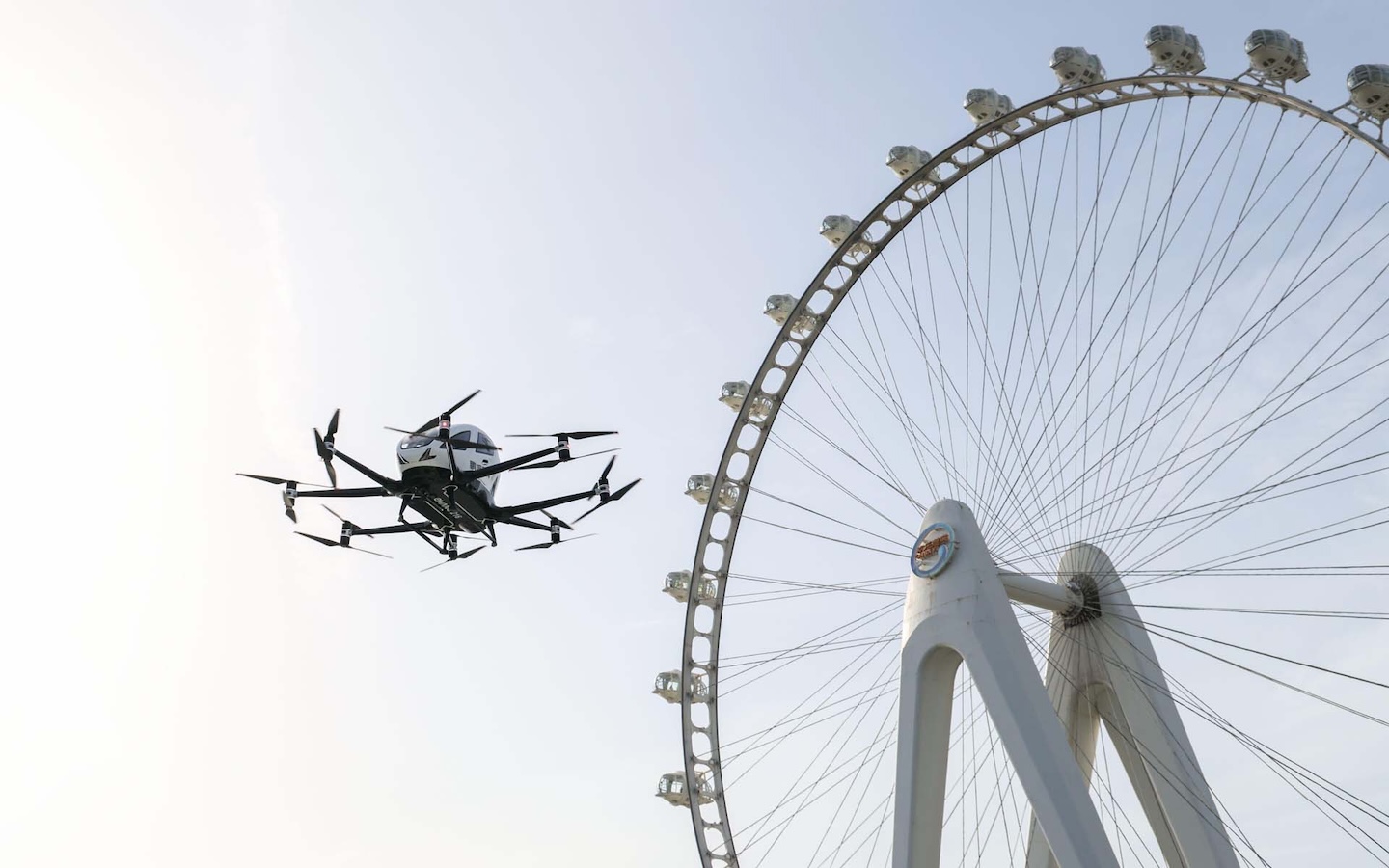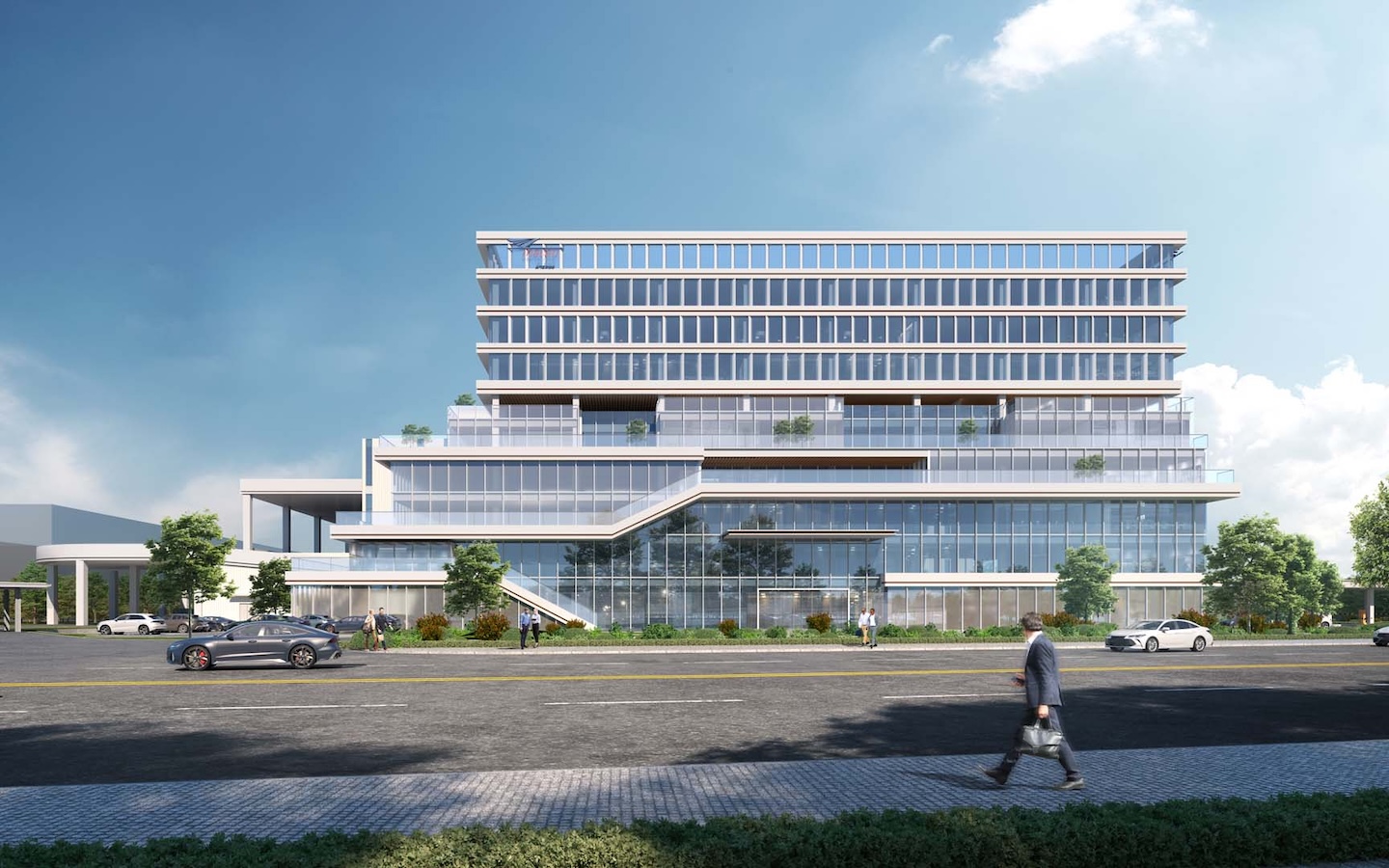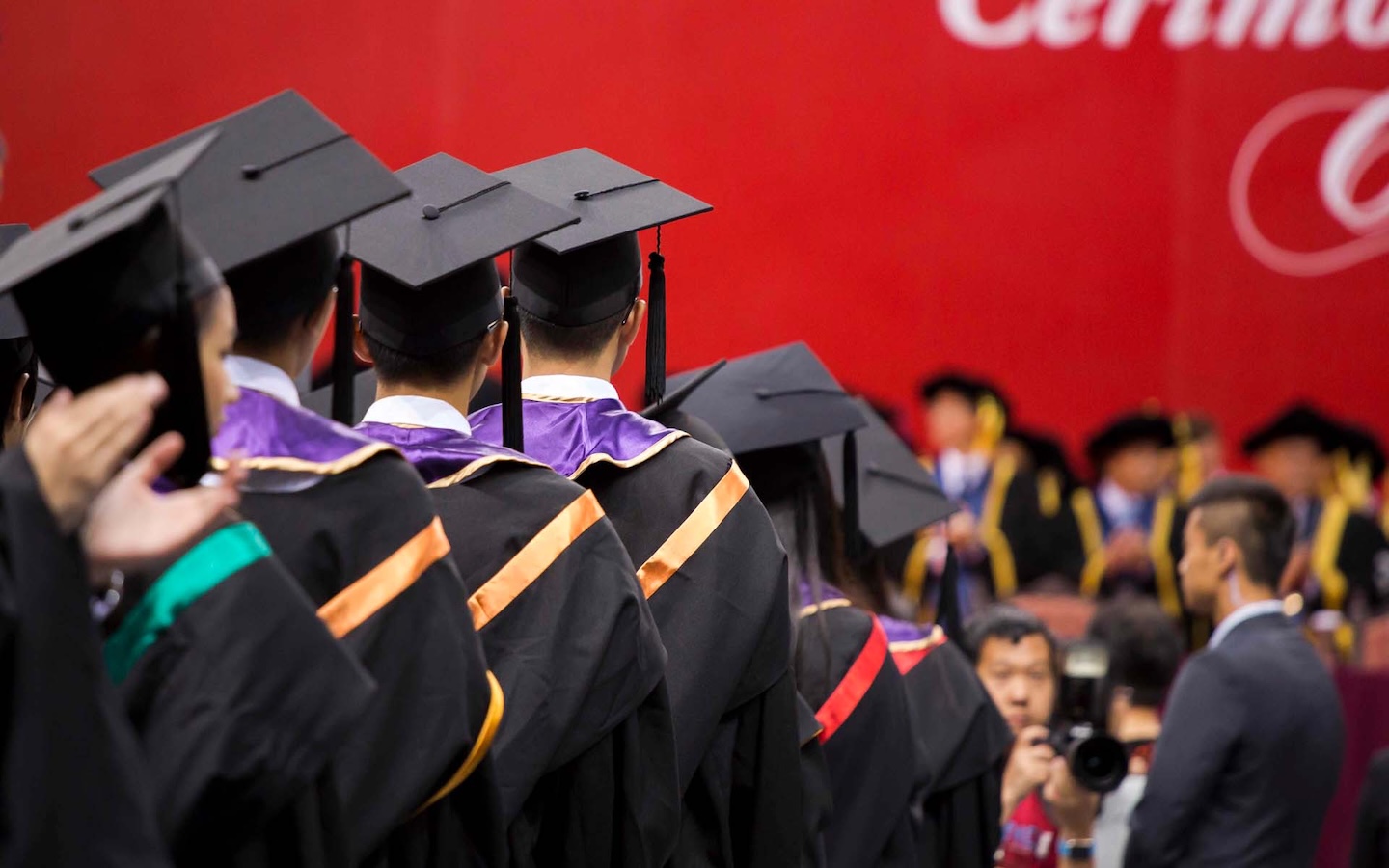The Macao government wants to lease additional land on the adjoining island of Hengqin to ensure enough space for its companies there.
Declared a special zone just five years ago, the island has grown at an astonishing speed; the price of its land has soared from next to nothing to double that of the urban area of Zhuhai. The SAR government wants to make sure that Macao has its fair share of the cake.
In April 2009, the State Council declared Hengqin a special zone. Part of Zhuhai city, it covers an area of 106.5 square kilometres and is next to Macao, with distance between them only 180 metres at the closest point.
Its land area is three times that of Macao; but in 2009 it had a population of only several thousand people, mostly farmers and fishermen, with poor roads and communications with the rest of the city.
The transformation since then has been remarkable, even by the standards of the world’s fastest growing economy.
Two major projects have been completed from scratch and have opened for business – the new campus of the University of Macau and the Ocean Kingdom of the Chimelong Group, the world’s largest marine theme park covering 132 hectares and with an investment of 20 billion yuan.
More such projects are under construction. According to the Hengqin New District Management Committee (HNDMC), fixed investment in the island last year was 20.43 billion; and the figure will be higher in 2014.
More than 4,000 companies have registered in the zone, including 101 from Macao and Hong Kong, most of them in the service sector.
According to Niu Jing, director of HNAMC, the main business sectors on the island will be tourism, leisure, culture and creative arts and finance.
The place of Macao
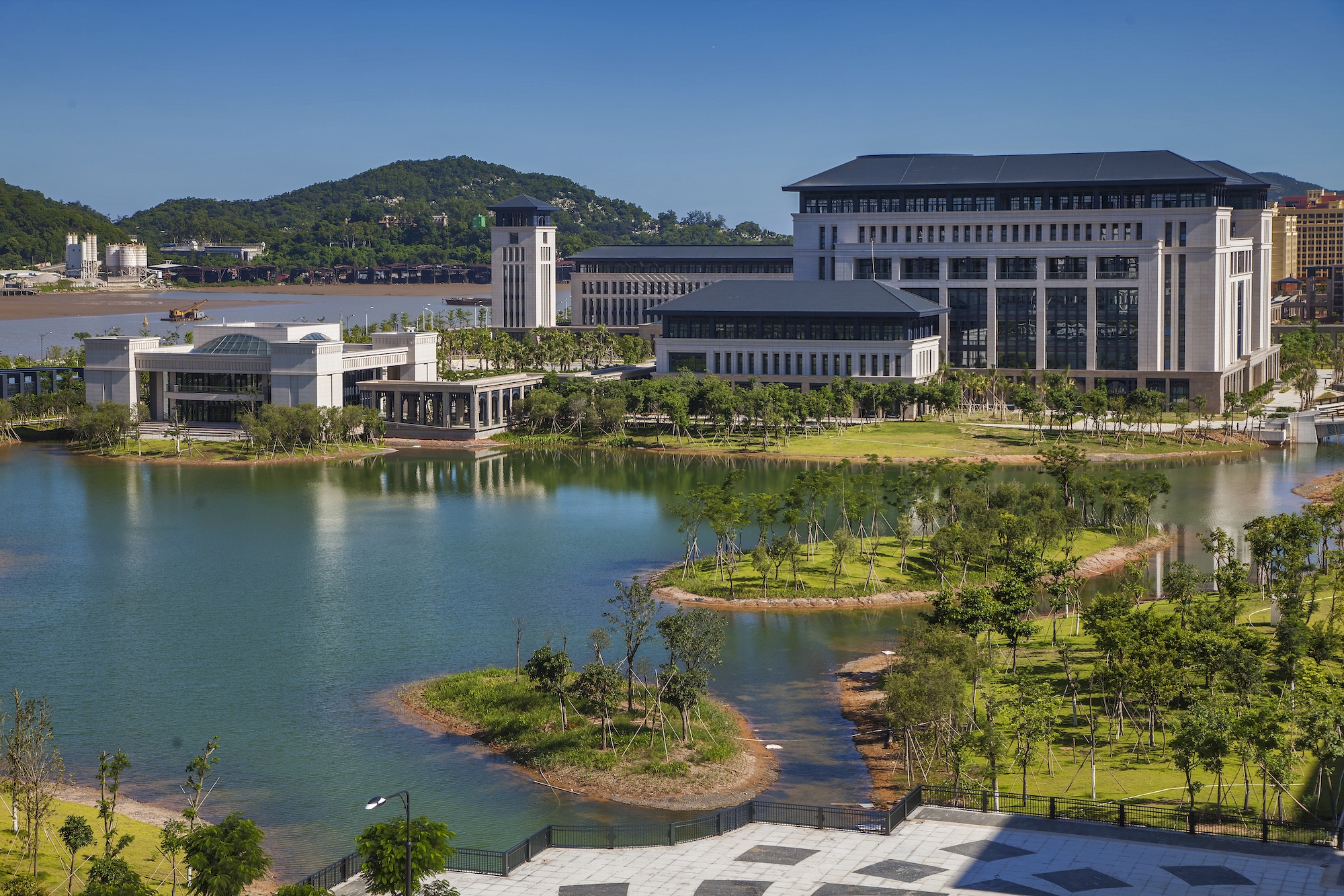
The development of Hengqin has always been intimately connected with Macao. In its announcement of the new zone, the State Council said that its role included supporting Macao in its goal of becoming a world tourism and leisure centre and helping to diversify its economy.
With the boom in the gambling industry of Macao over the last ten years, the city is running out of land and property prices have soared, up to four times more than those on Hengqin. It badly needs more land for its people and its businesses.
The island set aside an area of 4.5 square kilometres as a joint Guangdong-Macao industrial zone, in addition to the 1.0899 square kilometres for the campus of the University of Macau.
In November 2013, 89 Macao companies applied to set up business in the new zone. The SAR government selected 33 and submitted their names to the HNDMC. They involve a total investment of 140 billion yuan.
Firms in the culture, creative, leisure and tourist industries account for 60 percent of the total. They include restaurant operator Future Bright Holdings (HK 703), which is listed on the Hong Kong stock exchange. In 2013, it had unaudited turnover of HK$ 746.5 million, an increase of 15.5 percent over 2012.
In March this year, the company announced a plan to raise HK$ 276 million from shareholders to build a food plaza in Hengqin, with a gross floor area of about 140,000 square metres, up to 100 restaurants as well as souvenir food shops and an exhibition hall.
Owned by legislator Chan Chak Mo, it plans to cooperate with small and medium-size companies which find their development in Macao held back by the soaring cost of rent.
Another of the 33 is SJM Holdings (HK 880) which has proposed a transport and service hub, including bus services, shopping centre, restaurants and commercial offices. The ball is now in the court of the HNAMC to approve the applications of the 33.
Macao people and companies have already established a presence on Hengqin.
In January, Banco Luso-Internacional became the first Macao bank to open a representative office on Hengqin. This followed a decision by the authorities there to lower the minimum capital needed to open a branch there to US$ 4 billion.
In March, construction began on the Lai Chun Friendship Square, a commercial centre with a Portuguese theme, involving an investment of 1.6 billion yuan and 30,000 square metres and due for completion in 2016. The project will include a Portuguese-style six-storey building which will include a 3D cinema, a hypermarket, a spa and a car park which will provide about 1,300 parking places.
The builder is Lai Ieng Investment Co, controlled by Macao entrepreneur and casino owner David Chow Kam Fai. It has held talks with large-scale supermarkets, a 3-D theatre, retail brands, international food and beverage chains and a spa centre as potential users of the centre. In March, it signed an agreement with Industrial and Commercial Bank of China for a loan of HK$ 680 million for the project.
On 1 May, a shopping street nearly 500 metres long and with 74 stalls opened for business, just 15 minutes from Chimelong’s Ocean Kingdom, which is attracting thousands of visitors a day. Many of the stalls sell Macao food, snacks and souvenirs.
Some Macao people have moved to Hengqin; last year 95 of them applied to pay income tax on the island. They are paying the same rate as they do at home, one of the preferential policies offered by the central government.
The border crossing between the two sides will in the future be open 24 hours a day and cars with Macao number plates will be allowed to enter Hengqin – but not the rest of Zhuhai, unless they have a mainland licence.
More land
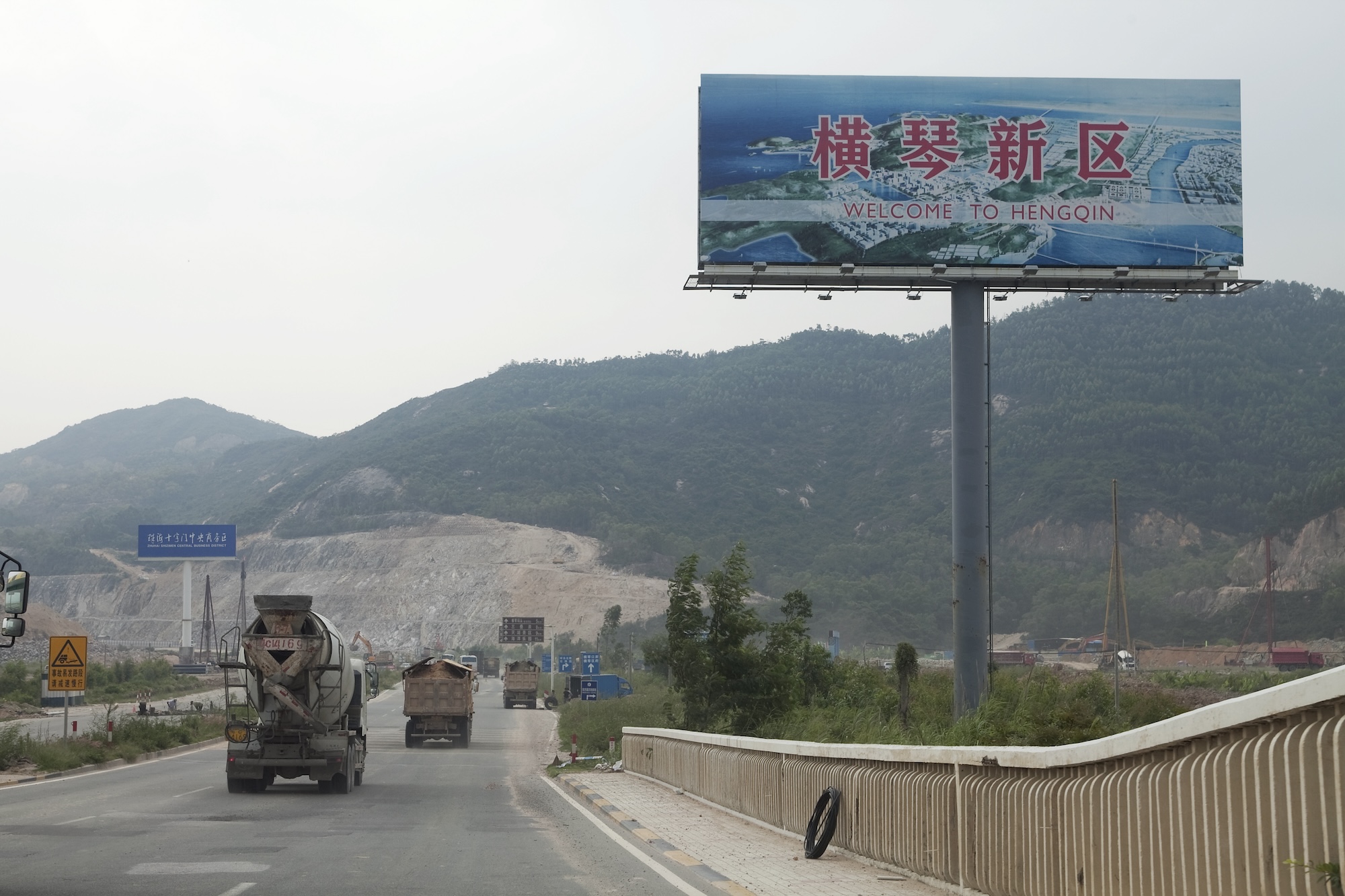
But the joint zone is not large enough to meet the needs of Macao companies for more land. Some complain that the conditions of entry into the zone are too stringent and hard for small and medium-size firms to meet. Companies that want to buy land in the zone must invest a minimum of 100 million yuan.
So, on 13 May, Chief Executive Fernando Chui Sai On said that the government would apply to Beijing to lease more land on Hengqin for local firms to develop their businesses there. “This would be beneficial for the diversification of Macao’s economy,” he said.
“I hope both Guangdong and the central government will agree (to the idea) … meanwhile, we will further discuss with the Guangdong government the possible development of Cuiheng (in Zhongshan) and Jiangmen,” he added.
According to the Southern Metropolitan Daily of Guangzhou, the SAR government has applied to lease 10 square kilometres. It would pay an annual lease in the same way as for the land for the University of Macau; for that, it is paying 1.2 billion patacas for a 50-year lease.
The campus of the university is governed by Macao law; but the 10 square kilometres would be under mainland law.
If the application is approved, it would give the Macao government – and not the HNDMC − the power to decide which companies could set up in the zone.
The application is a sign that the costs of investing in Hengqin have risen so rapidly that they are beyond the reach of many small and medium-size Macao companies; they are facing competition from powerful mainland and Hong Kong firms that want a presence on the island.
Chief Executive Chui also said that the government had applied to Beijing for jurisdiction over Macao’s coastal waters. This would be another way to increase its land reserve.
Big projects
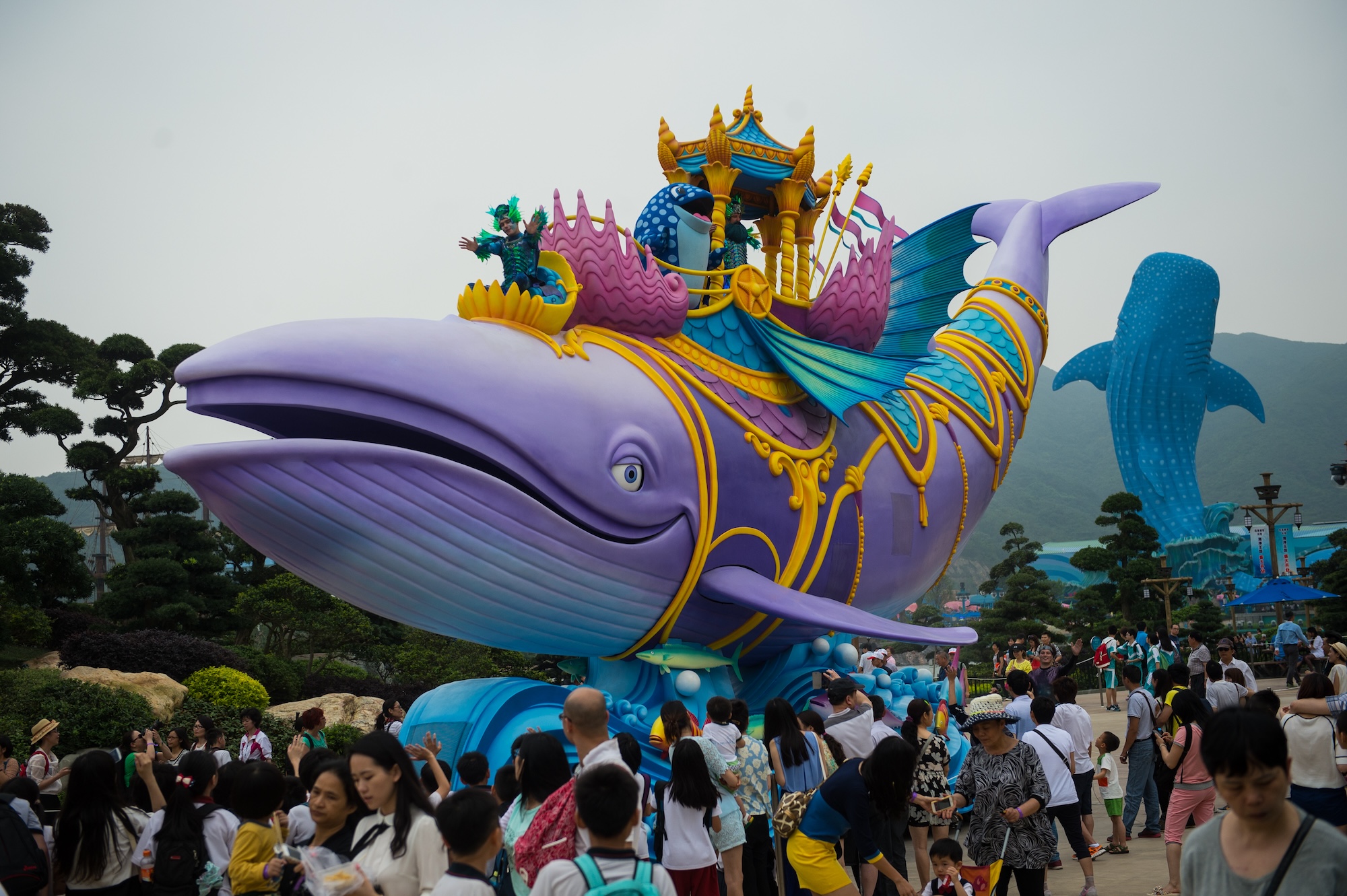
The new Hengqin is rapidly taking shape. The plan calls for three resort and tourism districts in the south, a central business district in the northeast, two high-tech and science areas and a culture and creativity district. There is also a general service area and residential area.
Two of the largest projects are already operating – the University of Macau and Ocean Kingdom.
Hong Kong-based developer, Lai Fung Group, has announced plans to build a video-game complex with an arena of 15,000 seats. It has purchased a plot on the island; the arena is part of a large park with the gaming theme to be built on a one-square-kilometre site. The first phase of development, which includes the arena, is expected to cost US$ 480 million and is slated for completion in 2017.
Galaxy Entertainment (HK 027) plans to invest 10 billion yuan in a luxury Maldives-style holiday resort on 2.7 square kilometres in the southwest of the island. It will have a shoreline of 2.5 square kilometres and aims to start work by the end of this year.
Last year MGM Holdings (HK 2282) spent 910 million yuan to acquire land on Hengqin, on which it plans to develop 1.4 million square feet of hotel and commercial space.
Such a flood of investment has pushed up property prices to more than 26,000 yuan per square metre, more than twice that in the urban area of Zhuhai. The main buyers of properties are managers of mainland firms, Macao citizens and Macao people who are working on the island.
King of development
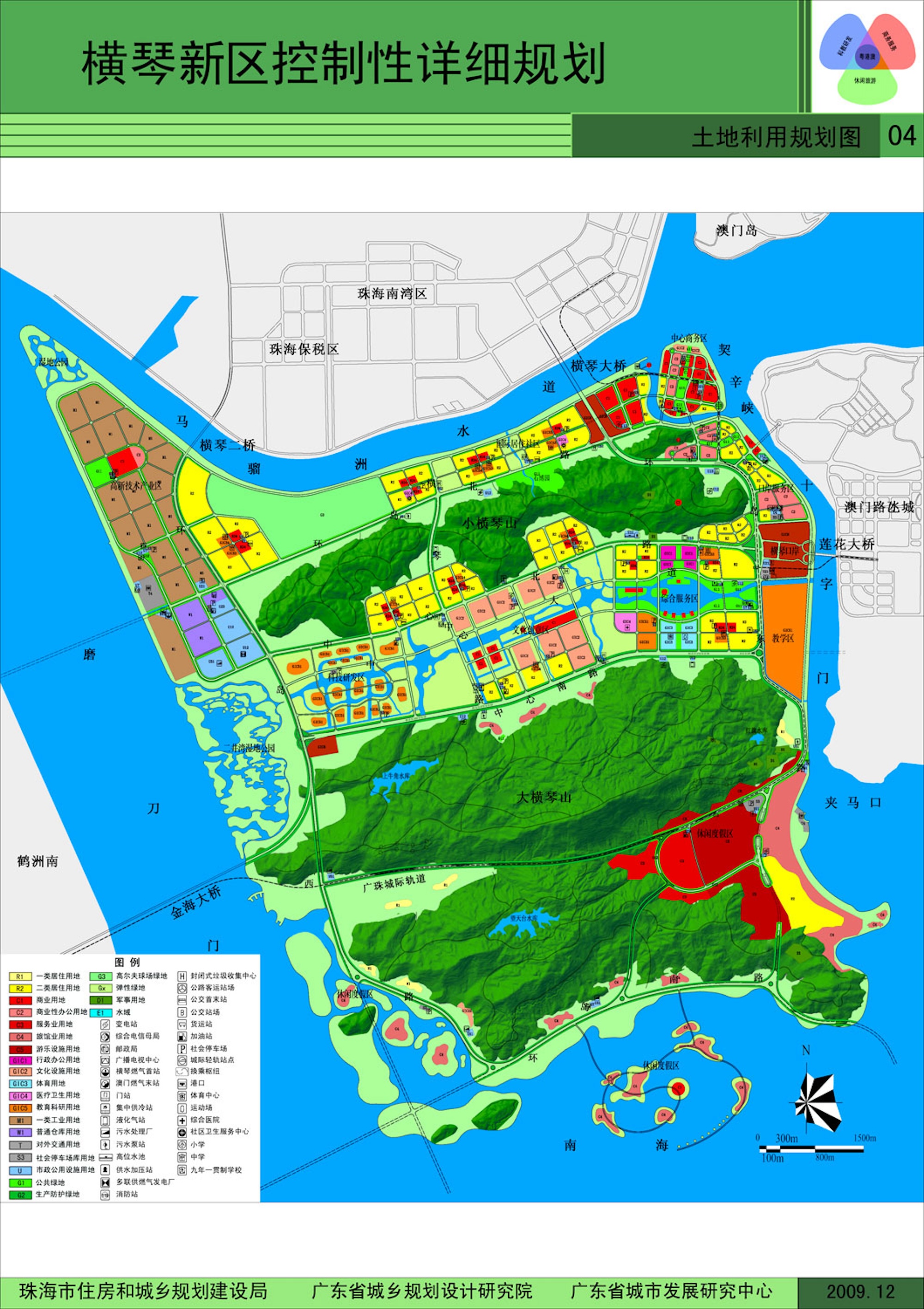
The company at the centre of this hive of activity is the Zhuhai Hengqin Investment Company, a 100-percent state-owned firm set up in 2009 that is responsible for building the infrastructure, attracting investment, management of the property and risk management. It is under the HNDMC.
In March, its director, Niu Jing, said that the company had net assets of 20.3 billion yuan and had applied to the Hong Kong stock exchange for a listing. It also plans to issue a ‘dim sum’ bond of 1.5 billion yuan before the end of this year. These are bonds denominated in renminbi but issued outside the mainland. They are named after a popular cuisine in Hong Kong.
Niu said his firm was encouraging all kinds of financial companies to come to the island, including investment funds, venture capital and leasing firms.
Five years from now, Hengqin will bear little resemblance to the island of today. What is most important is that Macao has an important place in this future.
